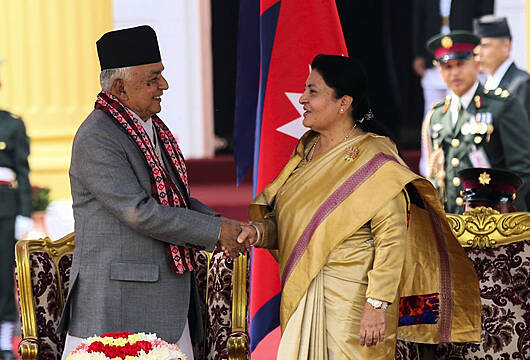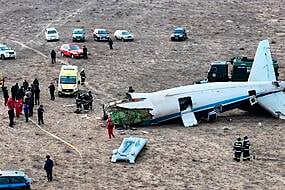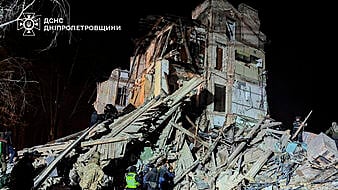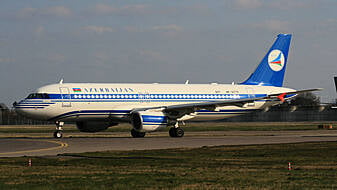Nepal’s newly elected president – the third since the Himalayan nation abolished its centuries-old monarchy in 2008 and became a republic – has taken the oath of office in Kathmandu.
Ram Chandra Poudel was elected on Thursday by members of the federal parliament and provincial assemblies.
Top officials, diplomats and parliament members lined up to congratulate the new president at the ceremony where the military band played national songs and delivered a salute.
Outgoing president Bidhya Devi Bhandari, having completed her maximum two terms in office, passed the position on immediately after the swearing-in ceremony.
The president is largely a figurehead with little political power. However, the election triggered a feud among partners in the governing alliance headed by Nepal's prime minister Pushpa Kamal Dahal, who took office in December after a hung parliament left a fragile coalition government.
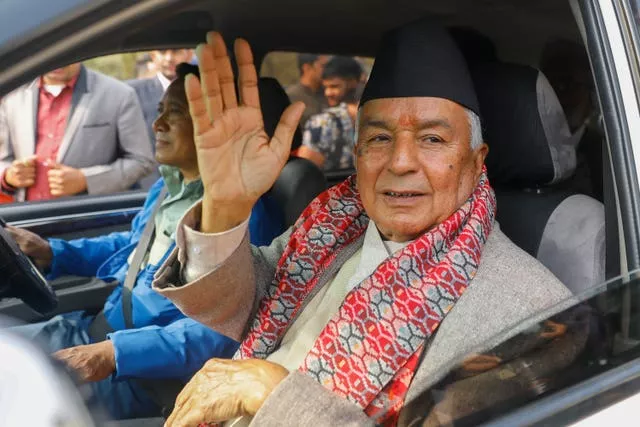
Mr Dahal backed Mr Poudel, who is also now the supreme commander of the Nepalese army, angering his main coalition partner, the Communist Party of Nepal (Unified Marxist Leninist), which backed Subash Chandra Nembang, its own candidate.
The party has since pulled out of the coalition, threatening Mr Dahal’s control.
Mr Dahal has since lost the support of three key political parties that were part of his initial coalition government, and must seek a vote of confidence in parliament later in March to continue in power.
There was no clear explanation of why Mr Dahal decided to back the opposition candidate and endanger his alliance, but struggles for power among the main political parties are common.
The country has had eight different governments in the past 10 years.
